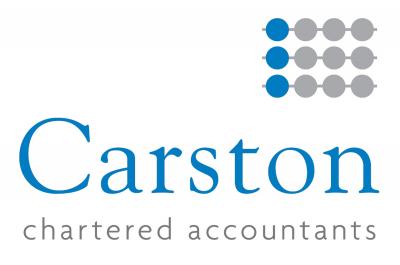In 2022, there were significant shifts not only within the Government but also in the world of tax.
Now we’ve officially started the new year, it’s a good time to reflect on the changes that came into effect in 2022, as well as the announcements which will roll out over the course of this year.
Here are the most important changes from last year that you need to know about.
Income tax
Throughout 2022, there were a number of threshold changes and reversals, most of which proved to be controversial.
In September, former Chancellor Kwasi Kwarteng declared that the additional 45% income tax rate would be abolished. Only a few days later, Kwarteng decided to reverse the announcement after it was met with ire from politicians and the public alike. Not only was Kwarteng’s mini-budget damaging for his political career, but it also saw the pound fall to a record low of $1.035.
In the Autumn Statement, delivered by Kwarteng’s successor Jeremy Hunt, the new Chancellor set out plans to lower the threshold for additional-rate taxpayers from £150,000 a year to £125,140. This new threshold will come into effect on 6 April 2023.
National Insurance
Income tax wasn’t the only point of contention in 2022. National Insurance went through its own multiple set of changes over the space of a few months.
In April, the health and social care levy was introduced by former Prime Minister Boris Johnson and current Prime Minister (then Chancellor) Rishi Sunak, following its announcement in September 2021. The levy saw an extra 1.25 percentage points of National Insurance contributions (NICs) added to taxpayers’ bills.
Originally, the increase was brought in to help fund the costs of adult social care, estimated to bring in an extra £5.4 billion in revenue.
This measure was also reversed by Kwarteng, and came to an end in November 2022. The levy will remain scrapped under the current cabinet.
Energy support package
During her short tenure as Prime Minister, Liz Truss introduced an energy support package to help combat the rising costs of electricity and gas for homes and businesses alike.
Firstly, the former PM announced a £2,500 cap on domestic energy costs for two years, starting from 1 October 2022. She also confirmed a one-off £400 fuel bill discount payment for households.
For all non-domestic energy users in Great Britain and Northern Ireland, the Government will provide discount costs on gas and electricity unit prices.
The supported prices were set as follows:
- electricity – £211 per megawatt hour (MWh) / 21.1p per kilowatt hour (KWh)
- gas – £75 per MWh/ 7.5p per KWh.
Only a few days into 2023, Chancellor Jeremy Hunt announced a reduced level of support for energy bills which will again begin from April this year.
Other major changes
During the Autumn Statement in November 2022, Hunt set out a number of threshold cuts which would begin at the start of the upcoming tax year.
This includes:
- The dividend allowance will be reduced from £2,000 to £1,000 from April 2023 and reduced again to £500 from April 2024.
- Capital gains exempt amounts will also be reduced twice over the next year. As of April, the threshold will go from £12,300 to £6,000 and then to £3,000 in 2024.
- The inheritance tax nil-rate band will remain frozen until April 2028.
- The increase in corporation tax will go ahead, rising to 25% for company profits over £250,000.
- Keeping you in the loop
We believe it’s important to keep our clients abreast of any regulation and tax updates throughout the year. With the myriad of changes due to come into effect over the coming months, we’ll be here to make sure you’re ready.
Get in touch to discuss tax changes from 2022.

